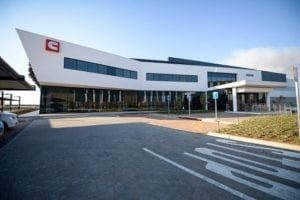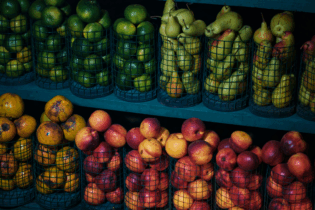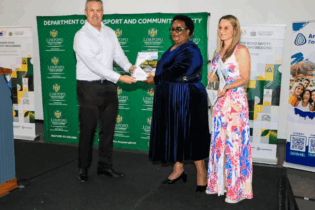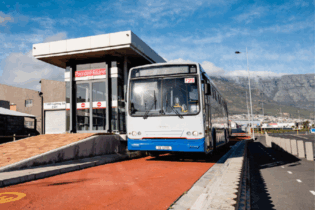 Schuyla Goodson Bell discusses the value of first-hand experience, flexibility, and resilience when working in Africa.
Schuyla Goodson Bell discusses the value of first-hand experience, flexibility, and resilience when working in Africa.
The beauty of working in emerging markets is that you have to come up with solutions that work for your customers and clients, while always being aware that things could be different from the day before. It’s about how you work through that – how you understand the realities of the country you’re operating in.
We receive a tremendous amount of support from corporate (Cummins North America). When they visit, we take them to field service tech vehicles, perhaps visit a mine site – maybe during the rainy season or when it’s cold – so they can see flooding or load-shedding, or experience the effects of new legislation first-hand.
We do this so they can see what both our employees and customers are dealing with. It helps explain why we need to do things differently or why we need to have some flexibility. In Africa, we need to be equipped a little differently in order to deliver, which requires resilience, tenacity, flexibility, and understanding.
Critical care
Here, in Africa, our gensets supply support to hospitals, banking, and telecommunications. We’ve taken advantage of the realities of load-shedding in Southern Africa. But, when the robots are out, we’re thinking about the hospitals.
We want to make sure that there is infrastructure and progress in developing markets. We look at how we can play in the construction arena and in agriculture. The nice thing about working in this market is that we have an application for virtually everything.
We have to ensure low-emission engines are available to the extent that our customers want them. The same kind of engines, coolants, and filters need to be available in all the markets we operate in. We’re continuing to educate our customers and others about the importance of using something that might be more environmentally friendly.
You can’t assume that everybody thinks about emissions the same way. We’ve got to think about the context of the environment in which we’re working and what’s important, and then tailor it so it’s aligned with the mission, vision, and values of the company.
Closer to home
Our resources need to be closer to our customers, in the interests of superior support and service. Last year, we established a regional distribution centre (RDC) in Ghana and built the Johannesburg RDC to better serve our SADC customers.
We need to make sure there is sufficient local demand in the relevant market to support long-term investment and know that it’s sustainable before we commit to full-scale manufacturing on the continent.
We’ve only scratched the surface of the prospects available in Africa. There’s nothing but opportunity in terms of rural electrification projects, biogas projects, gensets, and power generation solutions. We need to be resilient and adaptable, possess the right skill sets, and understand our customers.
Vehicle OEMs want to know how they can be served better – how we can add value and to what extent we understand their business. They require flexibility, solutions, and long-term partnerships. It’s best to test tenacity and customer relations when the going gets tough; that’s when you find out what each other is willing to do and how far they’re willing to go. Develop a partnership and then have the tough conversations.
I want to be sure we’ve got the basics in order – at all levels of the organisation – and that we really understand our customers.
 Schuyla Goodson Bell discusses the value of first-hand experience, flexibility, and resilience when working in Africa.
Schuyla Goodson Bell discusses the value of first-hand experience, flexibility, and resilience when working in Africa.






